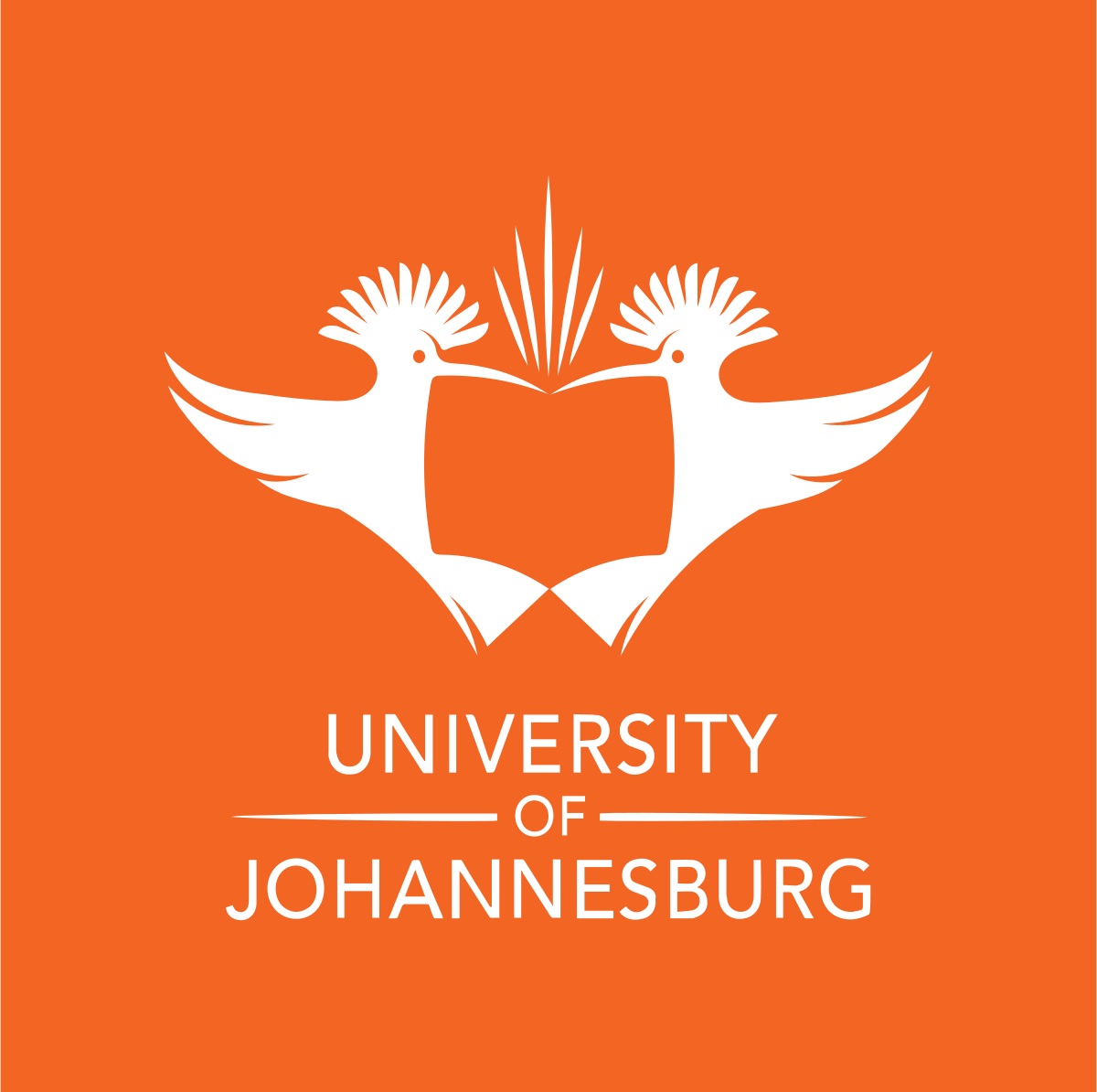Using AI and Operations Research during the Covid-19 pandemic
Professor Tshilidzi Marwala is the Vice-Chancellor and Principal of the University of Johannesburg. He recently penned an opinion article that appeared in the (December 2020/January 2021) edition of Forbes Africa Magazine.
In October 2020, it emerged that artificial intelligence (AI) was being used by crop researchers to breed crops for the changing climate. This is logical when you consider the significant time it takes to breed crops. A breeder examines which specific plants in a species are most resistant to weather phenomena such as drought and then crosses these plants to produce the best offspring. This process is repeated continuously over seven years until the most optimal variant is achieved.
With a growing global population and climate change taking hold, crop breeders do not have the time to keep up with the demand. Using AI techniques, the crop breeders can rapidly assess which plants grow the fastest in a particular climate or produce an optimum combination of genes, given the context. Simply put, this is Operations Research (OR) and AI in effect. As San Tzu put it in The Art of War, arguably the personification of OR, “Victorious warriors win first and then go to war, while defeated warriors go to war first and then seek to win.”
In October 2020, I addressed the Operations Research Society of South Africa. OR is a discipline that looks into solving a problem by defining the objective and then using optimization algorithms to predict the best path. It is used extensively in logistics, supply chain, scheduling of complex problems, and manufacturing. Considering that the goal of OR is to make rational decisions, and the objective of AI is to make human-like decisions, there is room for collaboration between these two disciplines. As Donald Brown wrote in the 1990 book Operations Research and Artificial Intelligence, “Researchers in operations research and artificial intelligence have traditionally remained separate in their activities. Recently, there has been an explosion of work at the border of the two fields, as members of both communities seek to leverage their activities and resolve problems that remain intractable to pure operations research or artificial intelligence techniques.”
While we may not have named it, OR has been used extensively during the COVID-19 pandemic. It has been intriguing to observe different scientists using data to inform decision making, which are quite varied. Even as they were being revised, these statistics determined the public health response, given the pandemic’s very live nature. For instance, the promotion of Personal Protective Equipment, masks, and limiting gatherings was driven by decision-making using OR. In May 2020, Pandata released a report using OR to quantify years of lost life in South Africa due to COVID-19.
In 1986, the Spacecraft Challenger broke apart 73 seconds after its launch from Cape Canaveral, crashing into the Atlantic Ocean from some 50,000 feet altitude. All seven astronauts aboard were killed, including a high school teacher selected to join the mission. In the aftermath, an investigation found that NASA had known that freezing temperatures could result in damage to the spacecraft’s rubber O-rings, which separated its rocket boosters and prevented fuel leaks. However, NASA decided to go ahead with the launch anyway. The fragmentation of datasets and the willful ignoring of a specific dataset, which included the reaction of parts of the Challenger to climatic conditions, is an example, which resulted in tragic consequences.
Imagine if NASA had used AI and operations research in the process. Perhaps, there could have been an alternative for the extreme cold temperatures. Maybe, the Challenger could have had a successful mission, and maybe the words, “Flight controllers here are looking very carefully at the situation…a major malfunction,” would never have been uttered.
Given that for us to industrialize and grow our economy, there are crucial questions that we ought to ask as African universities. Do we have expertise in OR in our universities? Are many students majoring in OR? What research is happening at our universities in this important area? Are we in the game, in the emerging area of the convergence between AI and OR? The answers to these questions are negative. The African Union Commission on Human Resources, Science, and Technology must develop a strategy to answer these questions so that we can prepare the necessary human capacity that will ensure that we meet Agenda 2063.

